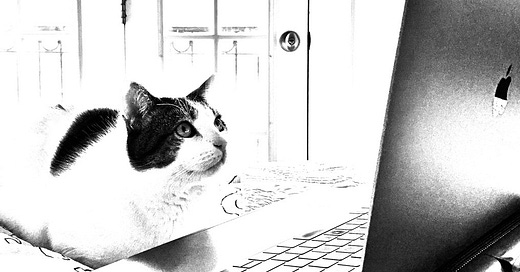Dismantling grind culture—it ain't easy
In which I search for the medium between grind and "bed rotting."
I just learned the name for the thing I did for the last three weeks
I hit a wall last week. I finally got hit with cabin fever after being mostly homebound for a few weeks recovering from a fall. Apparently, even happy homebodies can hit a threshold of fatigue where restlessness fights malaise. Coincidentally, the subject line from last week’s Culture Study by
hit my inbox. It read, “Bed Rotting and Loud Quitting.”Oh god, did I recently just loud quit my career? Have I also been bed rotting for the last three weeks?
Okay, so in my defense (and the unfortunate term really does make me feel like I have to rationalize it), I had limited mobility and everyone’s quick to tell you that is takes a lot longer to recover from injuries when you’re older (annoying). So this isn’t quite the form of self care that Gen Z is trending on TikTok. Nevertheless, I know what bed rotting is—I just didn’t know what it was called.




